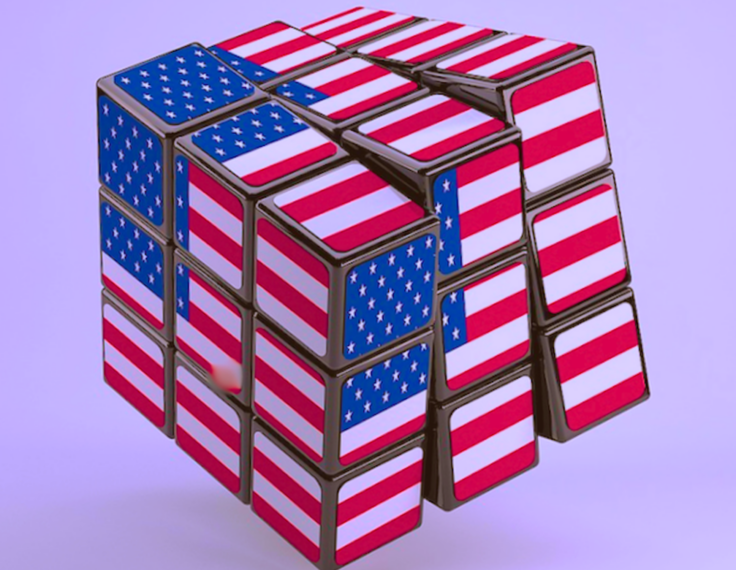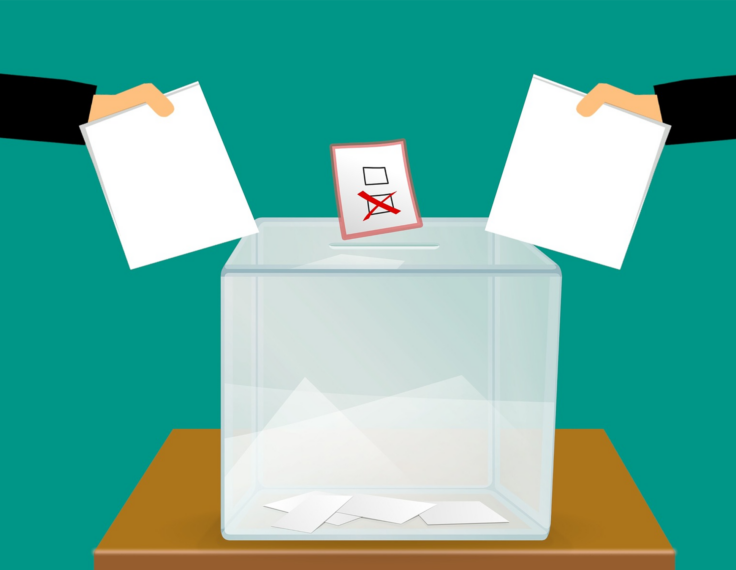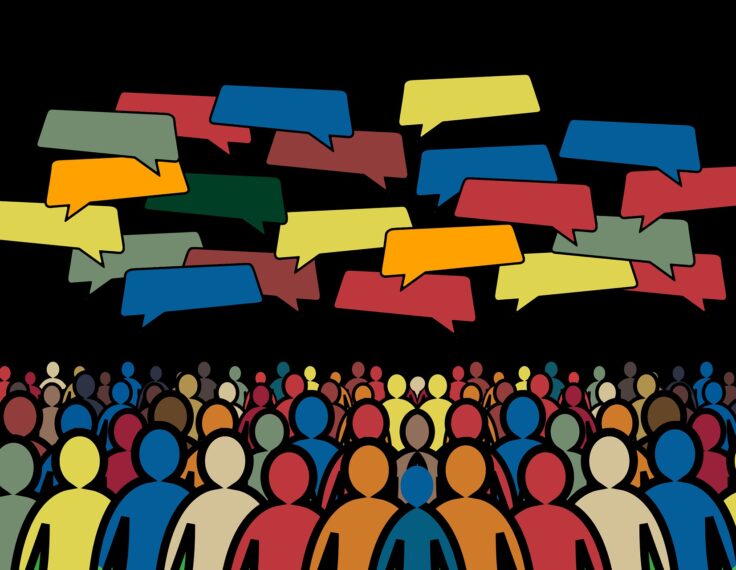Explore All Articles
All Articles
Article Topic

Contextualizing critical disinformation during the 2023 Voice referendum on WeChat: Manipulating knowledge gaps and whitewashing Indigenous rights
Fan Yang, Luke Heemsbergen and Robbie Fordyce
Outside China, WeChat is a conduit for translating and circulating English-language information among the Chinese diaspora. Australian domestic political campaigns exploit the gaps between platform governance and national media policy, using Chinese-language digital media outlets that publish through WeChat’s “Official Accounts” feature, to reproduce disinformation from English-language sources.

Toxic politics and TikTok engagement in the 2024 U.S. election
Ahana Biswas, Alireza Javadian Sabet and Yu-Ru Lin
What kinds of political content thrive on TikTok during an election year? Our analysis of 51,680 political videos from the 2024 U.S. presidential cycle reveals that toxic and partisan content consistently attracts more user engagement—despite ongoing moderation efforts. Posts about immigration and election fraud, in particular, draw high levels of toxicity and attention.

The origin of public concerns over AI supercharging misinformation in the 2024 U.S. presidential election
Harry Yaojun Yan, Garrett Morrow, Kai-Cheng Yang and John Wihbey
We surveyed 1,000 U.S. adults to understand concerns about the use of artificial intelligence (AI) during the 2024 U.S. presidential election and public perceptions of AI-driven misinformation. Four out of five respondents expressed some level of worry about AI’s role in election misinformation.

Trump, Twitter, and truth judgments: The effects of “disputed” tags and political knowledge on the judged truthfulness of election misinformation
John C. Blanchar and Catherine J. Norris
Misinformation has sown distrust in the legitimacy of American elections. Nowhere has this been more concerning than in the 2020 U.S. presidential election wherein Donald Trump falsely declared that it was stolen through fraud. Although social media platforms attempted to dispute Trump’s false claims by attaching soft moderation tags to his posts, little is known about the effectiveness of this strategy.

Beyond the deepfake hype: AI, democracy, and “the Slovak case”
Lluis de Nadal and Peter Jančárik
Was the 2023 Slovakia election the first swung by deepfakes? Did the victory of a pro-Russian candidate, following the release of a deepfake allegedly depicting election fraud, herald a new era of disinformation? Our analysis of the so-called “Slovak case” complicates this narrative, highlighting critical factors that made the electorate particularly susceptible to pro-Russian disinformation.

US-skepticism and transnational conspiracy in the 2024 Taiwanese presidential election
Ho-Chun Herbert Chang, Austin Horng-En Wang and Yu Sunny Fang
Taiwan has one of the highest freedom of speech indexes while it also encounters the largest amount of foreign interference due to its contentious history with China. Because of the large influx of misinformation, Taiwan has taken a public crowdsourcing approach to combatting misinformation, using both fact-checking ChatBots and public dataset called CoFacts.

Brazilian Capitol attack: The interaction between Bolsonaro’s supporters’ content, WhatsApp, Twitter, and news media
Joao V. S. Ozawa, Josephine Lukito, Felipe Bailez and Luis G. P. Fakhouri
Bolsonaro’s supporters used social media to spread content during key events related to the Brasília attack. An unprecedented analysis of more than 15,000 public WhatsApp groups showed that these political actors tried to manufacture consensus in preparation for and after the attack. A cross-platform time series analysis showed that the spread of content on Twitter predicted the spread of content on WhatsApp.

Correcting campaign misinformation: Experimental evidence from a two-wave panel study
Laszlo Horvath, Daniel Stevens, Susan Banducci, Raluca Popp and Travis Coan
In this study, we used a two-wave panel and a real-world intervention during the 2017 UK general election to investigate whether fact-checking can reduce beliefs in an incorrect campaign claim, source effects, the duration of source effects, and how predispositions including political orientations and prior exposure condition them.

Explaining beliefs in electoral misinformation in the 2022 Brazilian election: The role of ideology, political trust, social media, and messaging apps
Patrícia Rossini, Camila Mont’Alverne and Antonis Kalogeropoulos
The 2022 elections in Brazil have demonstrated that disinformation can have violent consequences, particularly when it comes from the top, raising concerns around democratic backsliding. This study leverages a two-wave survey to investigate individual-level predictors of holding electoral misinformation beliefs and the role of trust and information habits during the 2022 Brazilian elections.
